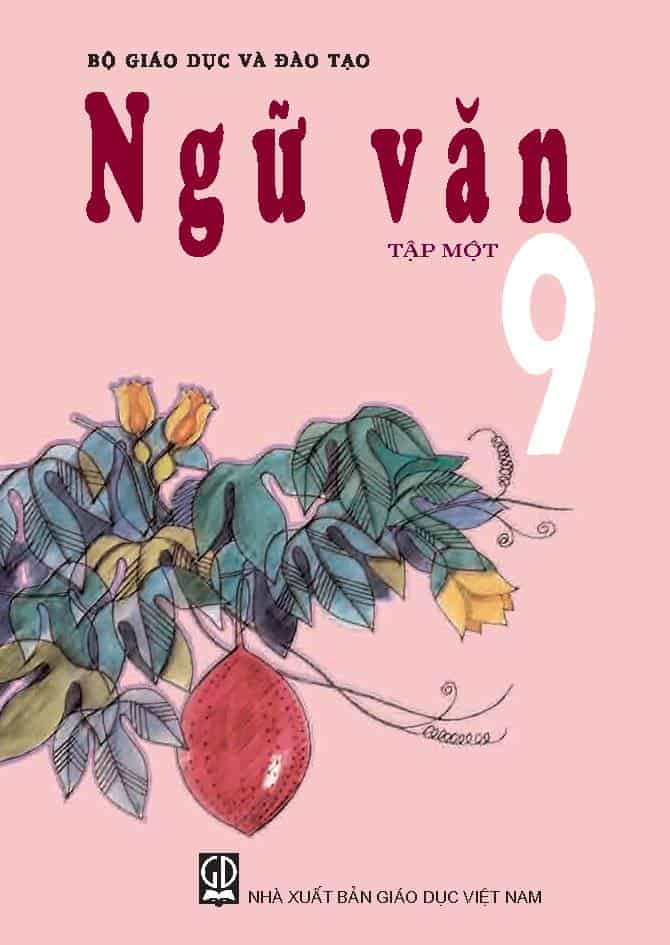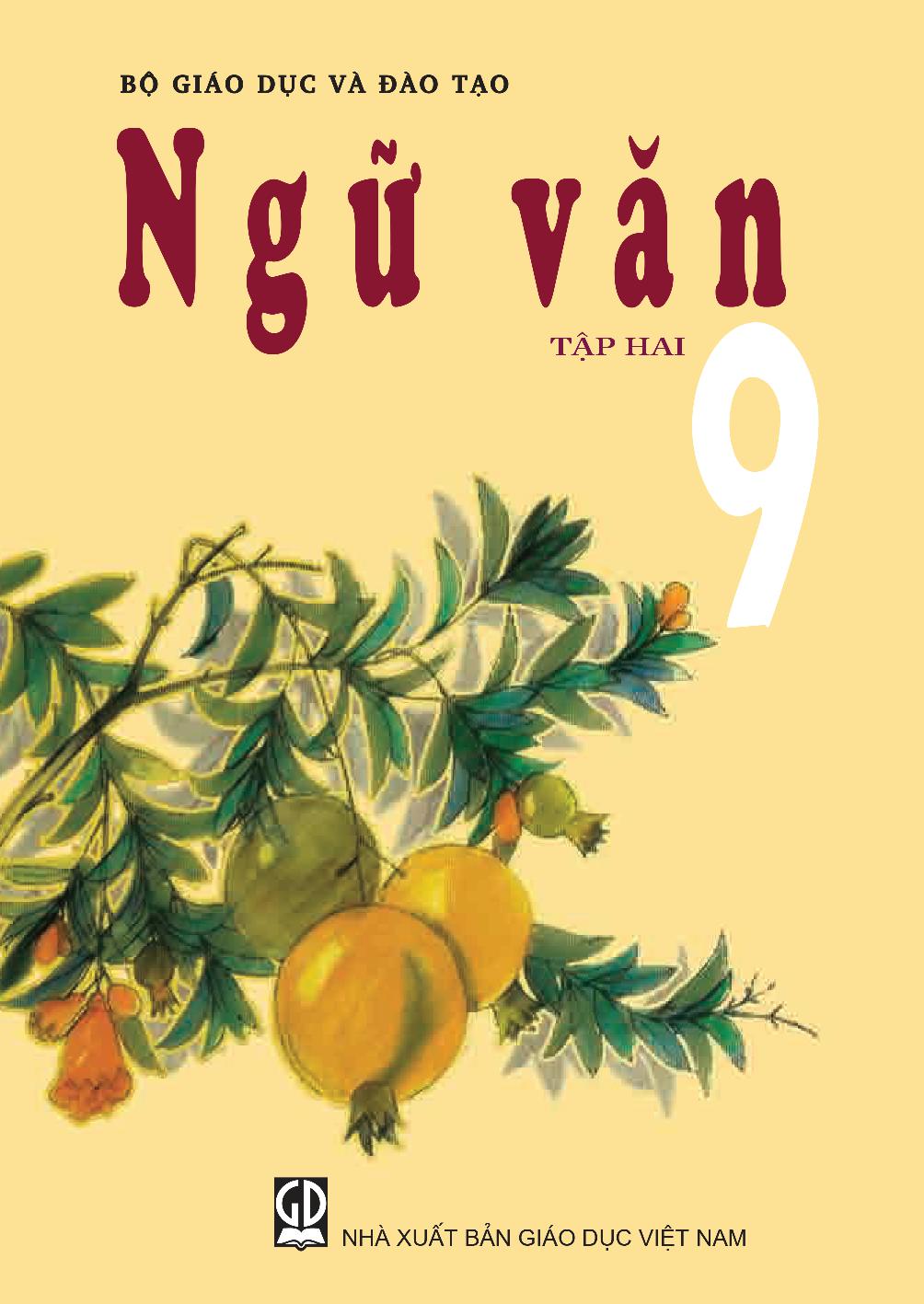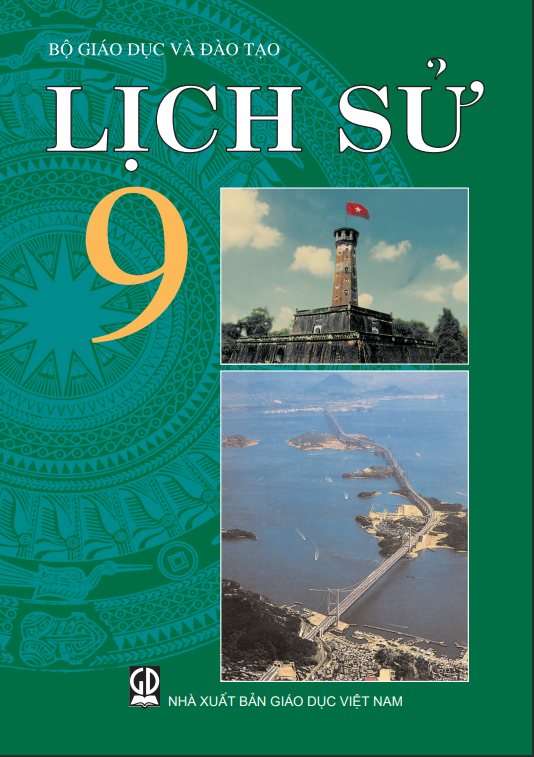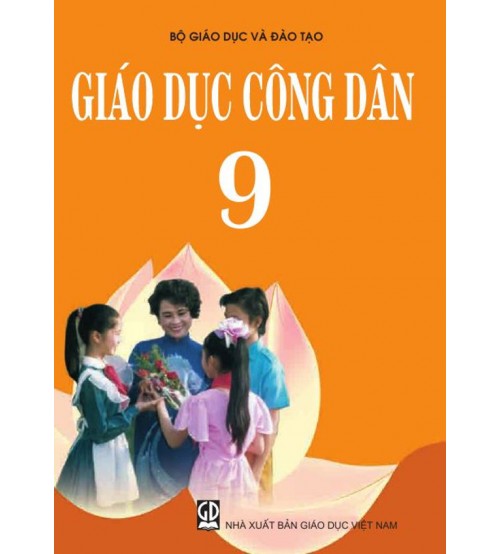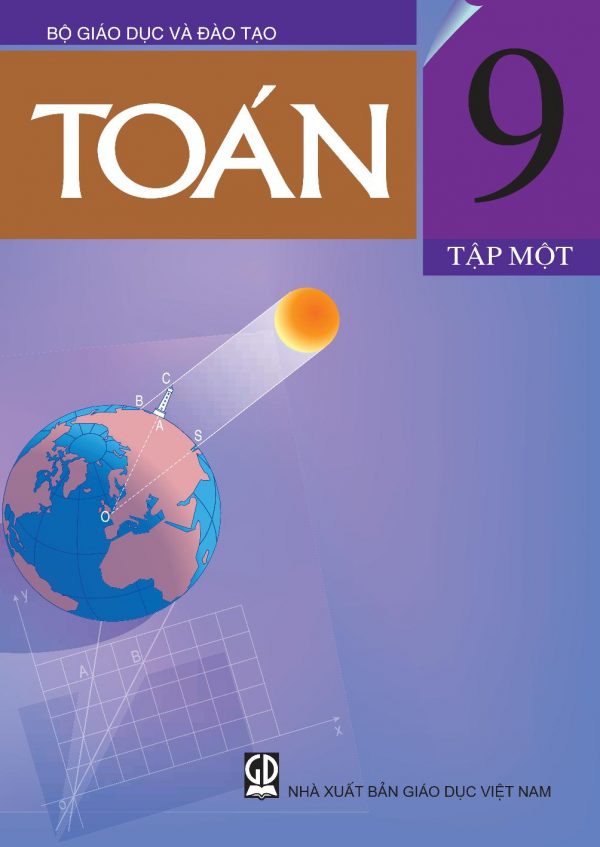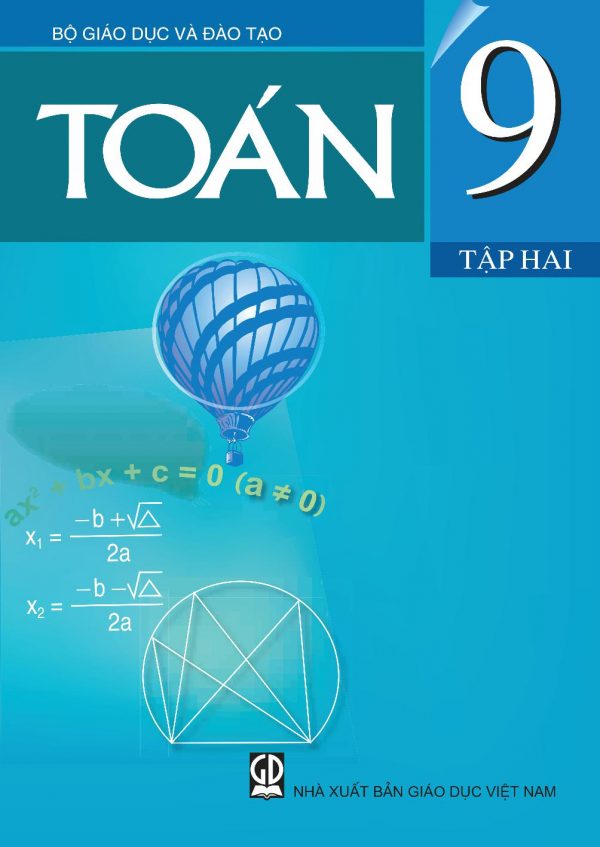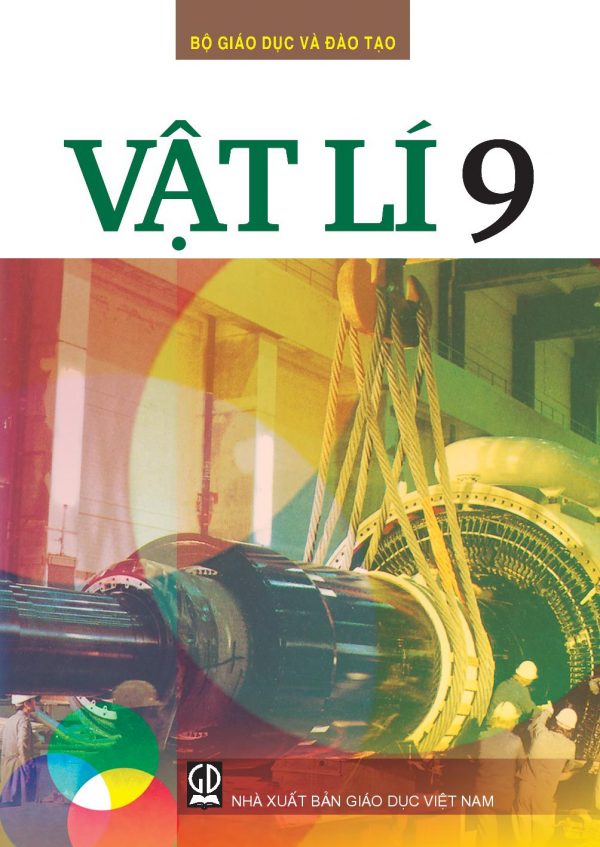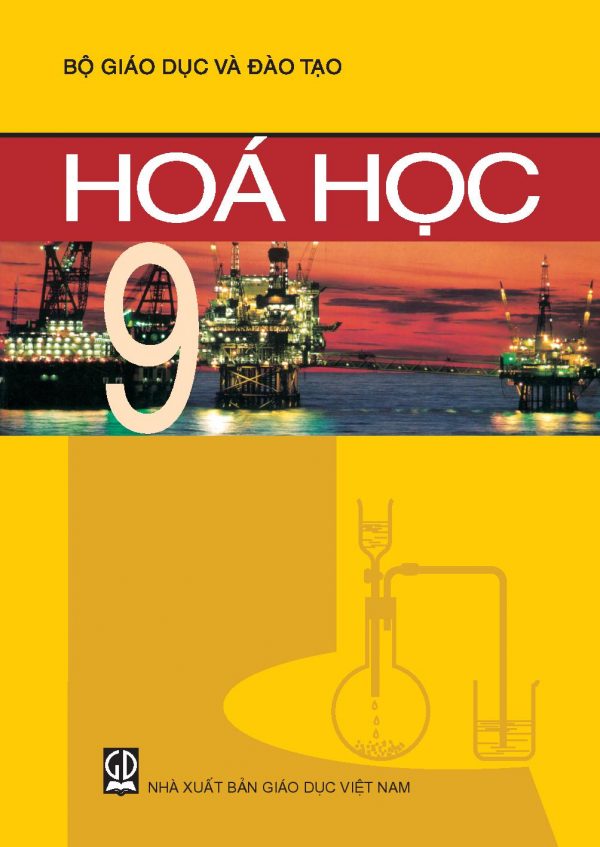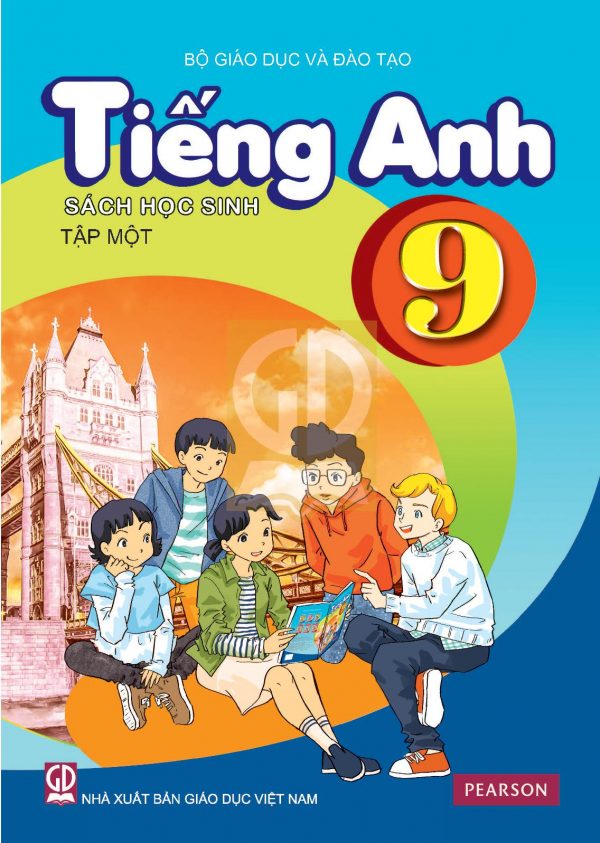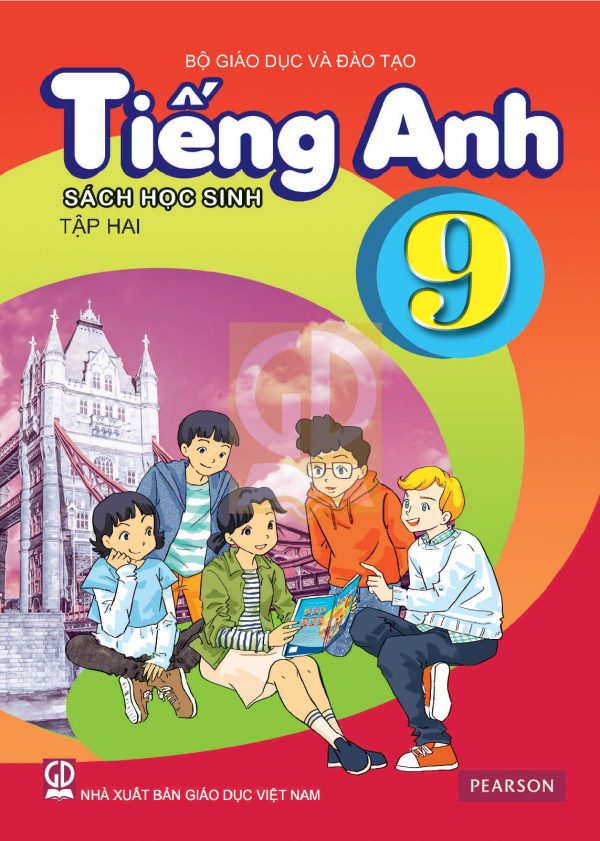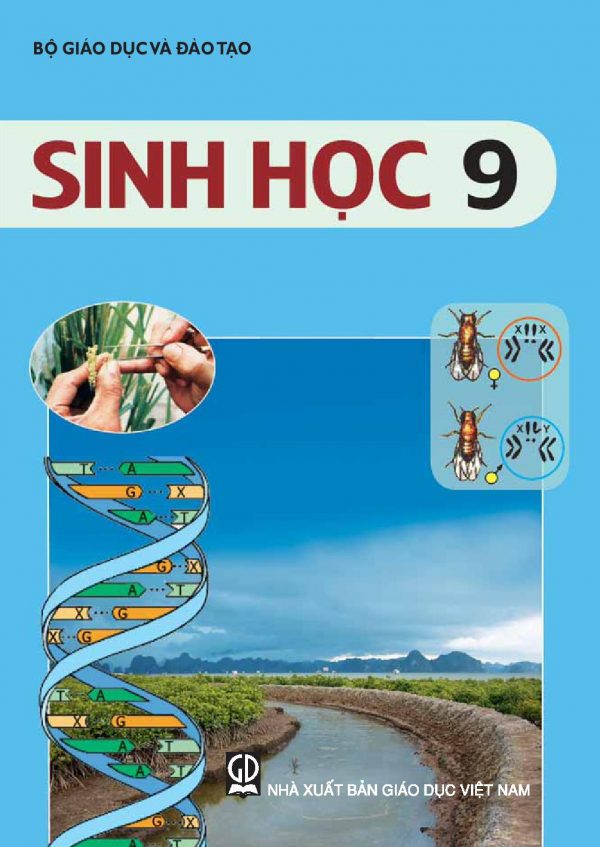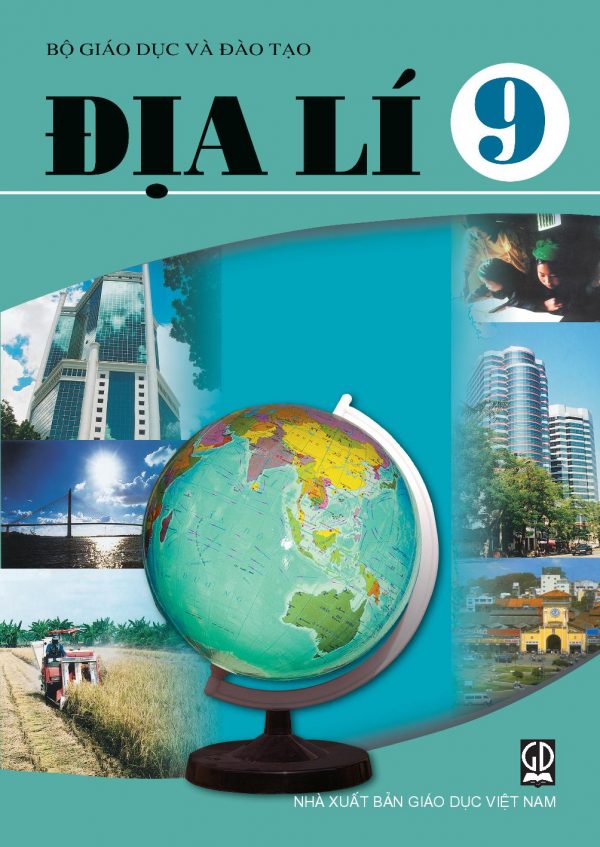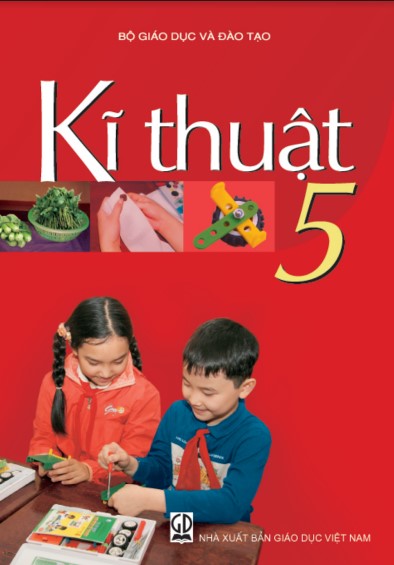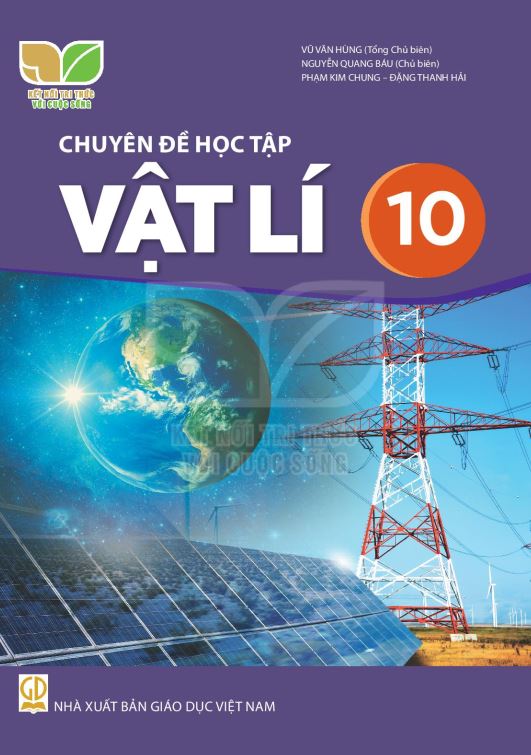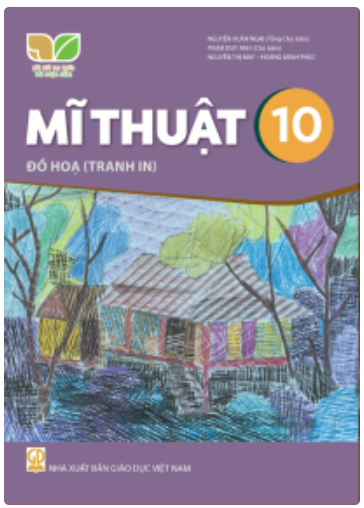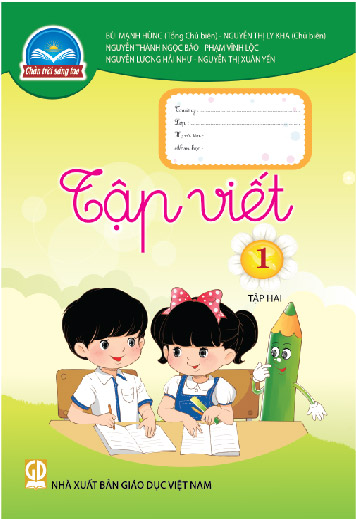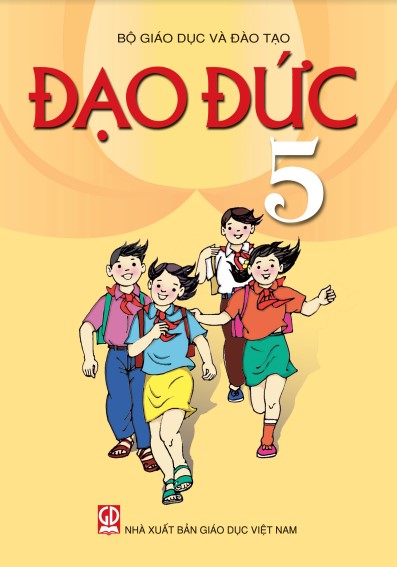(Page 95)
👉A CLOSER LOOK 2
Grammar
Relative pronouns: which, who, and whose
💡Remember!
Who and which are relative pronouns. They are used after a noun to show which person/thing we are talking about Who refers to a person, and which refers to a thing.
Example:
I know a girl who works as a tour guide in Singapore.
I'm reading a travel brochure which I picked up in Japan.
1. Underline the noun or noun phrase in each sentence that which or who refers to.
1. People who travel abroad usually use travel apps.
2. The brochure which you can get free at the airport is useful for your stay in Bangkok.
3. Is this the video which explains some new trends in tourism?
4. Could you recommend to me a local tour guide who can speak English?
5. They want to visit a city which is famous for its rich history.
2. Underline the correct relative pronoun for each sentence.
1. This is the brochure which / who provides the information you need for your visit to Beijing.
2. ABC is the company which / who won the Best Travel Agency Award last year.
3. The elders which / who are not good at using online apps prefer package tours.
4. A hop-on hop-off bus which / who runs from here every hour is the fastest way to visit a city.
5. Food tourism is for tourists which / who want to explore the unique dishes of a place.
💡Remember!
Whose is a relative pronoun. It is used to show possession by people and things.
Example:
The man whose book you are reading is my friend.
We visited a city whose houses are painted in different bright colours.
3. Complete each sentence with who or whose.
1. Mr Minh, _____ will guide us on our Cu Chi Tunnel tour, is on his way.
2. This is the writer _____ book Travel on $50 a Day is my favourite travel guide.
3. My son, _____ is a huge fan of Taylor Swift, is on a music tour to see her in concert.
4. Ha Giang, _____ beauty and history are appealing, is a must-go in my tour list.
5. While travelling, my father often spends time talking with the locals _____ stories, he says, are interesting about the land we are visiting.
4. Match a clause in A with a clause in B to make a complete sentence.
| A | B |
| 1. Don't forget to visit the National Air and Space Museum | a. whose products are on display at the Handicraft Show. |
| 2. Yesterday I phoned Pierre, | b. who knows a lot about the history of this area? |
| 3. There, I could see the ruinous hall | c. which appeared in the film "Jane Eyre". |
| 4. Could you recommend a local tour guide | d. whose breathtaking collection is a must- to-see. |
| 5. We were lucky to meet some artisans | e. who is arranging accommodation for our stay in Paris. |
(Page 86)
5. Work in pairs. Discuss and finish the sentences.
1. Son Doong is now a world-famous destination for travellers who ___________.
2. I'm personally against tours which ___________.
3. We shared a holiday home with two Germans whose ___________.
4. I bought a city map which ___________.
5. Most travellers prefer working with tour guides who ___________.
